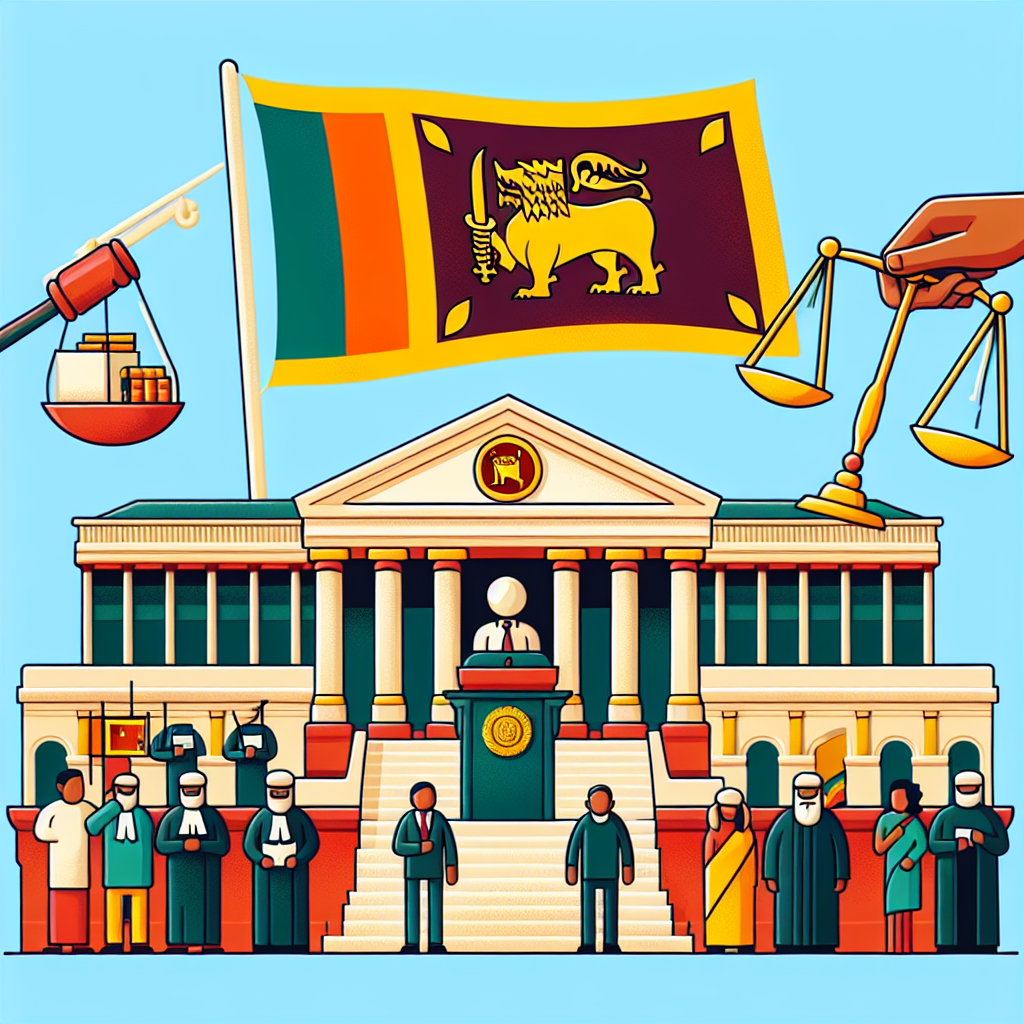The UN Human Rights Office has released a report highlighting renewed threats to fundamental freedoms in Sri Lanka, with concerns over regressive laws, the erosion of democratic checks and balances, and ongoing intimidation against civil society and journalists. The report, issued today, also details the recurrence of serious human rights violations reminiscent of the country’s past.
As Sri Lanka approaches its presidential and parliamentary elections, UN Human Rights Chief Volker Türk emphasized the importance of the country seizing this opportunity to recommit to the transformational changes demanded by its people, particularly in areas of accountability and reconciliation. However, the report expresses alarm over several laws and bills introduced since 2023, which have granted broad powers to security forces and further restricted freedoms of expression, opinion, and association.
Despite a promised moratorium, authorities continue to use the Prevention of Terrorism Act to arrest and detain individuals, raising concerns about arbitrary arrests, torture, and deaths in custody. The report also notes the ongoing impact of the 2022 economic crisis, which has disproportionately affected the poor, especially women, and calls for economic policies that align with Sri Lanka’s international human rights obligations.
Persistent impunity for crimes committed during and after the civil war, which ended in 2009, remains a critical issue. The report urges the newly elected government to address the root causes of conflict and undertake constitutional and institutional reforms to close the accountability gap and promote reconciliation. Türk criticized the Sri Lankan State for failing to acknowledge victims' suffering or hold security forces accountable for gross human rights violations, warning that this entrenched impunity allows serious violations to continue.
The report also details a long-standing pattern of intimidation and harassment of journalists and civil society actors, particularly those working on sensitive issues such as enforced disappearances, land disputes, and environmental concerns. Families of the forcibly disappeared face intimidation, arrest, and surveillance in their pursuit of truth and justice.
The UN Human Rights Office calls for thorough investigations into crimes committed during and after the civil war, including the 2019 Easter Sunday bombings, and for those responsible to be held accountable. In light of the Sri Lankan State's reluctance or inability to prosecute perpetrators, the report urges the international community to pursue complementary strategies, including the use of extraterritorial and universal jurisdiction, targeted sanctions, and other measures consistent with international law.











